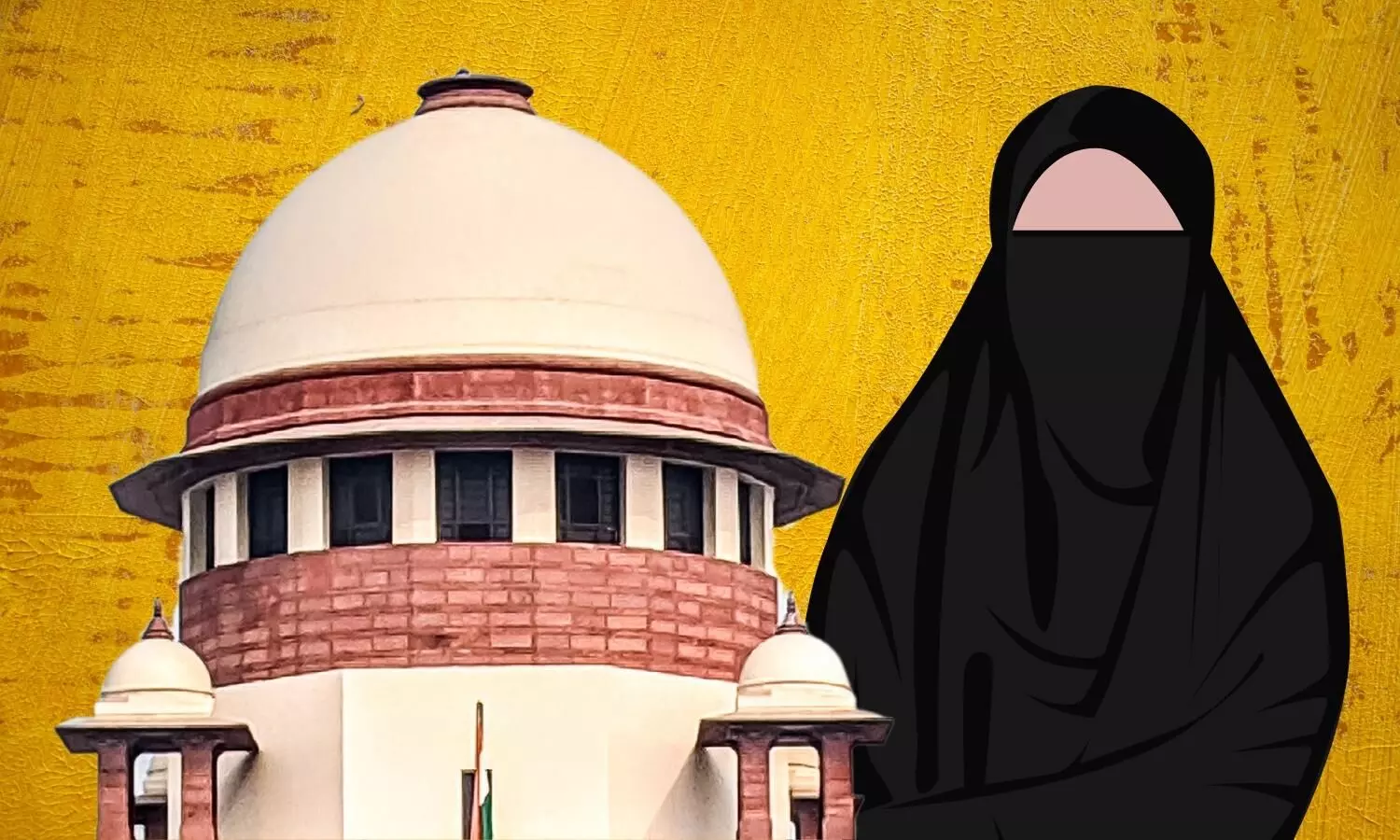Muslim board rejects Supreme Court ruling on divorcee alimony

The All India Muslim Personal Law Board (AIMPLB) passed a resolution on Sunday opposing the recent Supreme Court verdict on the maintenance rights of Muslim divorcee women, deeming it incompatible with Islamic law (Shariah). The board empowered its president to explore all possible avenues to have this decision reversed. The Supreme Court, in a judgment earlier this week, held that a Muslim woman divorced through "triple talaq" is entitled to seek maintenance from her husband under Section 125 of the CrPC. The court emphasized that this "religion neutral" provision applies universally to all married women, irrespective of their personal laws.
During a meeting in Delhi, the AIMPLB’s working committee highlighted that the Prophet Muhammad had indicated divorce as the most disliked lawful act in Allah's eyes, advocating for all measures to sustain marriages. Nevertheless, the board recognized that divorce is a necessary solution when marital life becomes unbearable. The board argued that the ruling would complicate the lives of women who have already endured challenging marriages, and insisted it is illogical to obligate a man to support his ex-wife after the dissolution of the marriage. The AIMPLB's president, Hazrat Maulana Khalid Saifullah Rahmani, has been authorized to take all legal, constitutional, and democratic steps to challenge the Supreme Court's decision. The board also intends to discuss this issue with the central government and opposition parties, according to AIMPLB spokesperson Syed Qasim Rasool Ilyas. In addition to the maintenance issue, the AIMPLB adopted five other resolutions, including opposition to the Uniform Civil Code (UCC). The board’s legal team has prepared a petition to be filed in the Uttarakhand High Court later this month.
The AIMPLB also expressed concerns about the recent Lok Sabha election results, interpreting them as a sign of public dissatisfaction with divisive policies. The board criticized the government for failing to protect marginalized Muslims and lower caste citizens, warning that continued neglect could lead to societal unrest. Another resolution called for strict enforcement of the Places of Worship Act, expressing alarm at the new legal challenges related to the Gyanvapi Masjid and Shahi Eidgah of Mathura. The board urged the Supreme Court to uphold its previous stance from the Babri Masjid verdict, which declared that the Places of Worship Act, 1991, should prevent such disputes.
On international matters, the AIMPLB reiterated India’s historical support for Palestinian rights and urged the government to cease military aid and joint exercises with Israel. Additionally, the board demanded that the central and state governments vacate illegally occupied Waqf properties.



